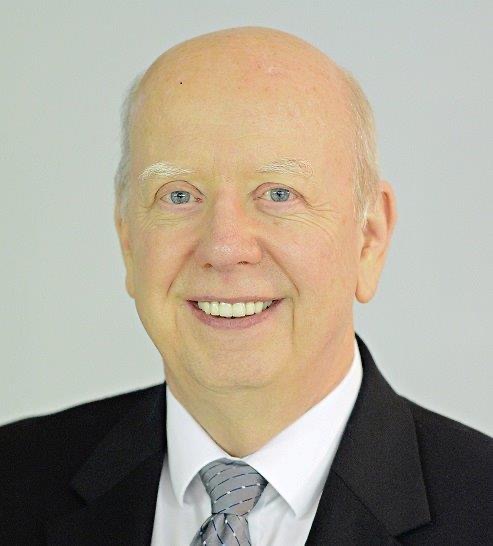University of Florida earns top marks for assessment of student learning
The University of Florida on Wednesday earned the country’s highest honor for its assessment of student learning outcomes, recognizing UF’s dedication to student success.
The Excellence in Assessment (EIA) Designation is granted annually by members of the Association of Public & Land-Grant Universities (APLU), National Institute for Learning Outcomes Assessment (NILOA), and the Association of American Colleges & Universities (AAC&U) to universities that use comprehensive student assessment standards to inform and adapt curriculum changes that will help students succeed. UF’s decentralized and robust approach covers more than 500 academic programs and more than 3,000 outcomes.
“The University of Florida is dedicated to offering the best possible educational quality across disciplines and to making sure students are well prepared for their lives after graduation,” UF President Kent Fuchs said. “This honor recognizes the work faculty and staff invest every year into setting goals and student learning outcomes, assessing them, and using the results to better understand how we can advance student learning and continuously improve our academic programs.”
“Educational quality and student success are at the heart of our culture at UF, and this designation recognizes the structure we’ve put in place to ensure our students are meeting or exceeding desired learning outcomes across academic disciplines,” said UF Provost Joe Glover. “At an institution as large and complex as UF, this designation reflects the work of thousands and faculty and staff who are collectively committed to supporting students and to delivering a world-class education.”

Director of Institutional Assessment Timothy S. Brophy
Glover said, “The university’s work on assessment has been coordinated by Director of Institutional Assessment Timothy S. Brophy since 2011, and he deserves special recognition for his efforts in developing the University of Florida’s Assessment System.”
This award follows numerous recognitions for UF’s focus on student success, including its No. 7 Top Public Schools ranking and No. 4 Best Online Bachelor’s Programs ranking by U.S. News & World Report.
Since the designation’s inception in 2016, fewer than 50 institutions have received this designation. UF is the second institution in the Association of American Universities to receive the distinction.
The designation was created to acknowledge on a national level the important work colleges and universities are doing through comprehensive assessment activities and to highlight those practices so other institutions can draw upon them to inform their own efforts. As part of the application process, colleges and universities were asked to detail their specific assessment activities and the reason why such efforts are a priority for them. The designees needed to demonstrate how aligned processes, building from course-based assessment, foster a coherent, collaborative approach to assessing student learning.
“The EIA designees have a demonstrated commitment to measuring the impact of their student success efforts and are working to improve that impact through evidence-based methods,” said APLU President Peter McPherson. “Their work is rightly being nationally recognized with a designation that not only profiles their work but provides a platform from which other institutions can learn and better track their own progress to drive improvement.”
For over a decade, UF faculty have established student learning outcomes and assessed student achievement of these outcomes in their academic programs as a requirement for accreditation with the Southern Association of Colleges and Schools Commission on Colleges (SACSCOC). To advance that effort, each college and academic undergraduate, graduate, professional and certificate program has developed its own mission to align with and support UF’s institutional mission.
Learning outcomes for undergraduate classes fall under three main categories: content, critical thinking and communication. For example, an undergraduate student in the environmental sciences will learn to use the scientific method to develop reasoned solutions to environmental problems. Graduate and professional programs measure outcomes specific to disciplinary knowledge, professional skills, and professional behaviors.
In the 2018-2019 academic year, over 92% of students met the faculty’s student learning outcomes. This work reveals that faculty set high standards, deliver effective instruction, and that UF students rise to the faculty’s expectations.
“As a comprehensive learning institution where teaching and learning are an integral component of our mission, having an institution-wide assessment system that respects faculty autonomy to establish program-specific student learning outcomes and provides the technology to annually report on student learning student achievement ensures students, regardless of discipline, will have a cohesive and comprehensive education,” Director of Institutional Assessment Timothy S. Brophy said.
For more data about student learning outcomes achievement, please visit the Student Learning Outcomes Visualization Project.
